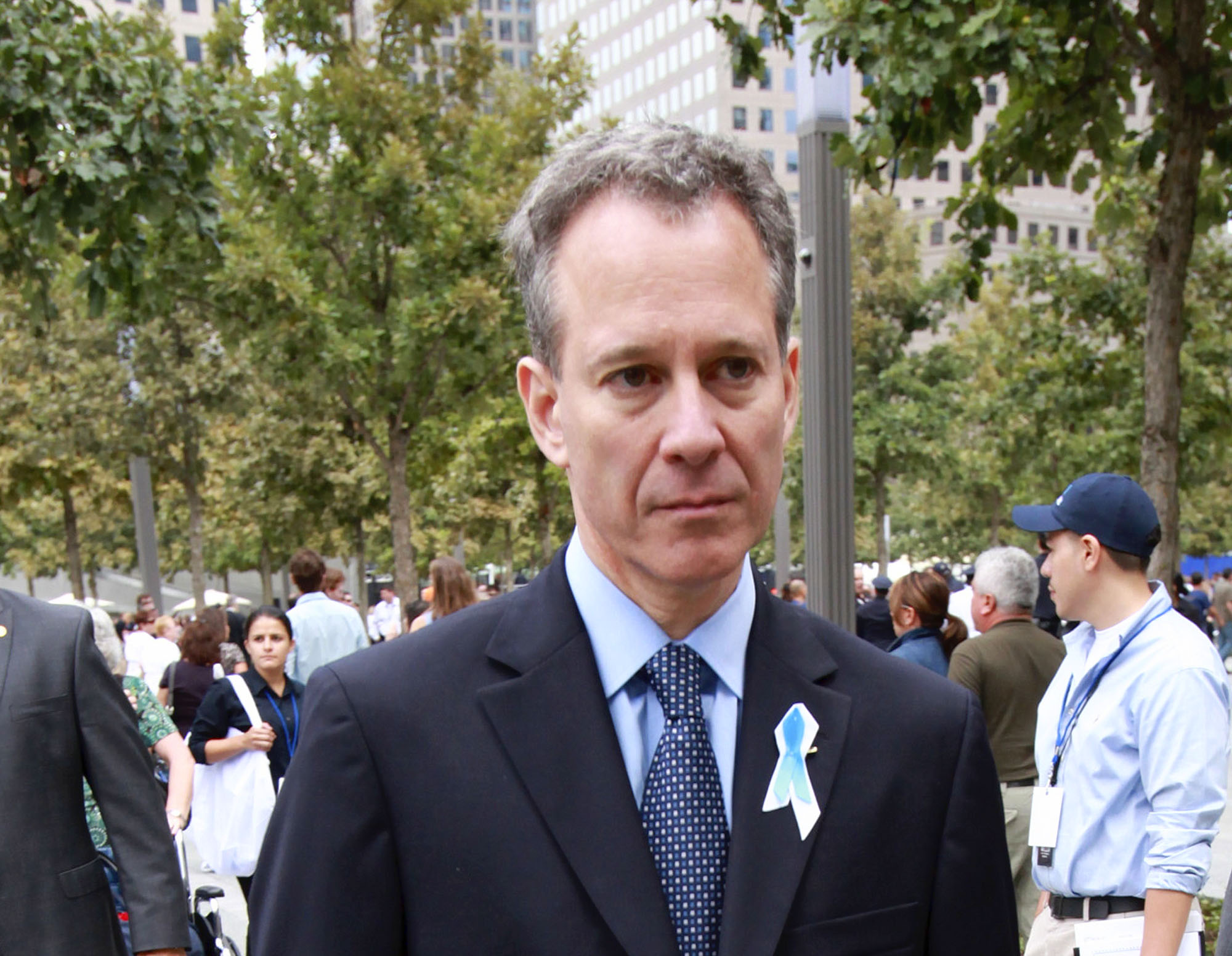
New York Attorney General resigns after sexual abuse allegations from 4 women
The New York State Attorney General on Monday announced his resignation from office shortly after a report of his alleged sexual harassment and abuse against four women had been published earlier Monday.
Eric Schneiderman announced his decision in a public statement in which he acknowledged that the accusations in the weekly The New Yorker may prevent him from doing his job "at this critical time."
The Governor of New York, Andrew Cuomo, earlier Monday called for Schneiderman's resignation after the report was published.
A member of the Democratic Party and a leading figure in the movement against sexual abuse, Schneiderman won the New York Attorney General election in 2010 and took office on January 1, 2011.
"I do not believe it is possible for Eric Schneiderman to continue to serve as Attorney General, and for the good of the office, he should resign," Cuomo said in a statement shortly after the New Yorker magazine published an article in which Schneiderman is accused of physically abusing four women.
Judging from "the damning pattern of facts and corroboration laid out in the article," Cuomo said the recommendation was his "personal opinion."
"No one is above the law, including New York's top legal officer," Cuomo said adding that he will ask "an appropriate New York District Attorney to commence an immediate investigation, and proceed as the facts merit."
Cuomo's statement was made shortly after the magazine reported that four women claimed to have been physically assaulted on several occasions by the state attorney general, with whom they said they had a relationship.
The article mentions that only two women, identified as Michelle Manning Barish and Tanya Selvaratnam, have made their alleged experiences with the attorney general public, saying that by doing so they "protect other women."
According to the Manning and Selvaratnam testimonies, Schneiderman assaulted them without their consent, frequently when they were in bed and after drinking alcohol, and although they did not report it to the police, they did need medical care after being slapped on the ear and in the face.
Selvaratnam, who had a relationship with the Attorney General between the summer of 2016 and the fall of 2017, says Schneiderman warned her that he could have her followed and tap her phone.
According to Barish she had an affair with Schneiderman from the summer of 2013 to the New Year of 2015.
Both told the New Yorker that he allegedly threatened to kill them if they broke up (their relationships) with him.
CONTENIDO RELACIONADO
The New Yorker also reported that a third woman, who claims to have had a romantic relationship with Schneiderman, told Barish and Selvaratnam that she was repeatedly subjected to non-consensual physical violence but did not report him out of fear.
A fourth woman — who wished to remain anonymous and whom the New Yorker refers to as a prominent lawyer — claimed that after rejecting Schneiderman, he slapped her so hard that it left a mark until the next day.
Barish and Selvaratnam told the magazine that when Schneiderman used the power of the office to take a leading role in the #MeToo movement against sexual abuse, their anguish and anger increased.
"His hypocrisy is epic (...). He's fooled so many people," said Barish.
In a first statement to these allegations, the magazine published a statement from Schneiderman that, among other things, said, "In the privacy of intimate relationships, I have engaged in role-playing and other consensual sexual activity."
But Schneiderman also refused allegations of assault and non-consensual sex, something that, he says, "is a line I would not cross."
Schneiderman's decision did not take long — an hour after Cuomo's request the attorney general announced that he was resigning.
Although Schneiderman firmly questioned the serious accusations leveled against him, he decided to leave office with effect from Tuesday.










DEJE UN COMENTARIO: